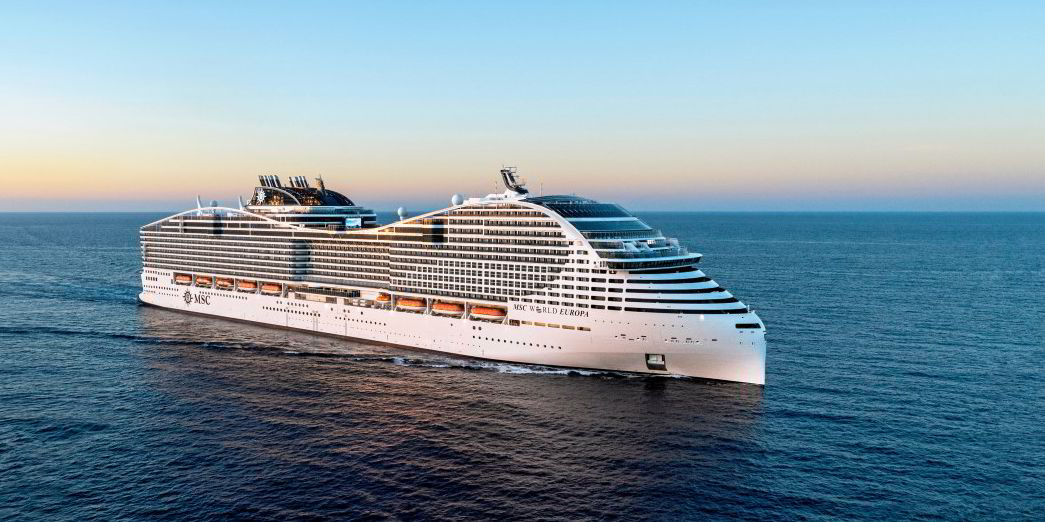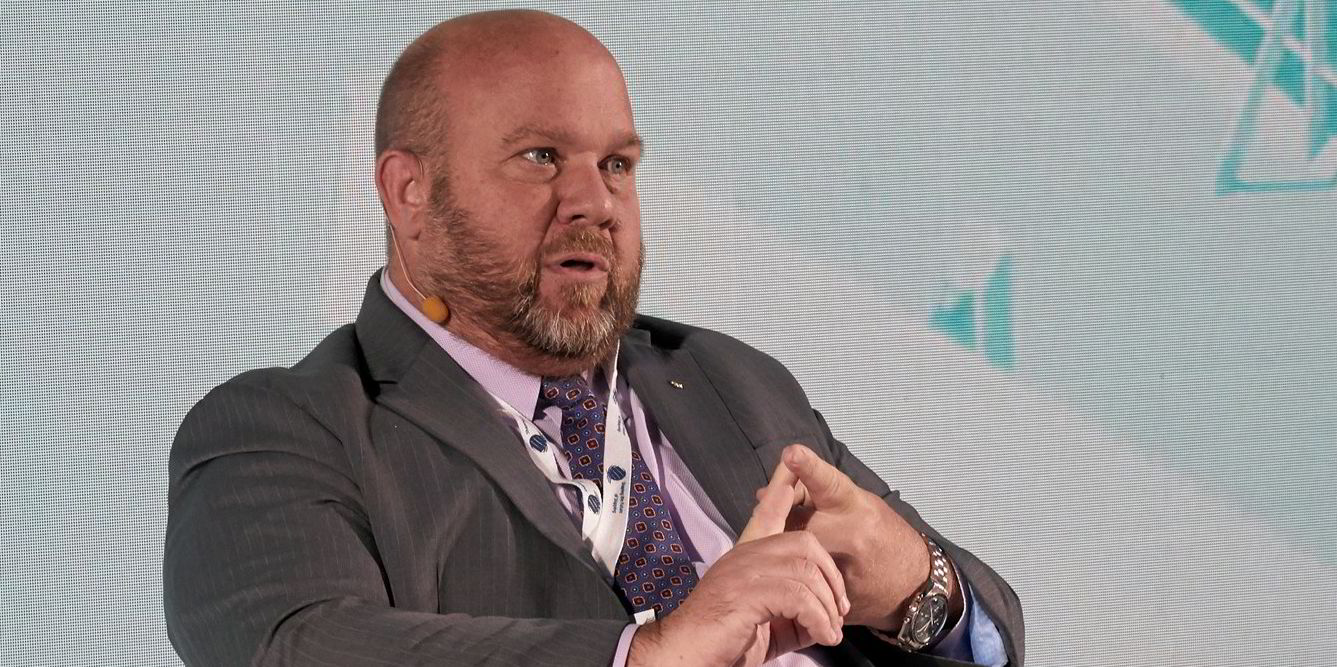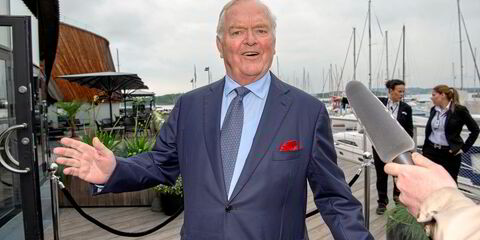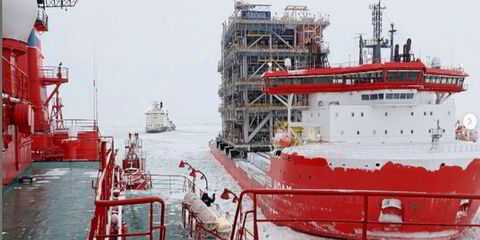LNG’s future as a fuel for ships is at risk if methane emissions in the upstream supply chain are not reduced, an MSC Group executive says.
Bud Darr, the Swiss shipping giant’s executive vice president for maritime policy and government affairs, expressed confidence that the efforts to cut methane slip on board ships will bear fruit.
“But the upstream part, well to tank, really has to be taken seriously and dealt with, or else this fuel really doesn’t have much of a future … and I believe it will,” he told the Connecticut Maritime Association’s Shipping 2024 conference.

While LNG can reduce a ship’s CO2 footprint, it has come under growing pressure because of leakage of methane, the fuel’s main ingredient and a powerful greenhouse gas, in the upstream supply chain and on vessels.
MSC Group, the parent of container giant MSC Mediterranean Shipping Company and cruise major MSC Cruises, is a member of the Methane Abatement in Maritime coalition and the European Union-funded Green Ray project.
Darr said neither project is ready to publish the results of its work.
“I think when those reports do get published, and are properly analysed and peer-reviewed as actual science … we’re going to see it’s matching up with what the engine OEMs [original equipment manufacturers] are telling us, and this is going to be very manageable on the tank-to-wake part, which is the part we can control,” he said.
Darr cast doubt on a recent report by the environmental group International Council on Clean Transportation, which used sniffer drones to determine that 18 vessels with low-pressure, four-stroke engines had a methane slip of 6.4%, above the EU assumption of 3.1% leakage. Low-pressure, four-stroke engines have higher methane slip than their high-pressure, two-stroke cousins.
“I can tell you with some confidence, based on our own experience, both from cargo installations and cruise installations, that the data that we’re seeing — actually properly measured emissions — … substantially outperform what the default assumptions are in the regulations that are out there,” he said.
MSC Group has more than 100 dual-fuel container ships on order that can run on LNG, and it has seven upcoming cruise ships.
Darr said the company does not see LNG as the lone solution to shipping’s decarbonisation puzzle. Instead, it is part of a multi-fuel future in which greener fuels will not be available and will not suit all situations.

“If we’re talking about 2050 to really be decarbonised, we’re not going to get there through one single molecule. So we think it’s important to keep all those options open,” he said.
Many of the company’s LNG-fuelled ships on order will also be ammonia-ready or methanol-ready, meaning they can more easily be upgraded for these alternative fuels.
He said that with a high-pressure, two-stroke engine, LNG can cut emissions by 20% on a well-to-wake basis.
The executive said engine manufacturers are making “great progress” on tackling methane slip now that vessel operators have made it a priority.
“Even with the four-strokes, through a variety of mechanisms, they’ve been able to get methane slip down where I’m very comfortable saying, a couple of years from now I won’t be having this conversation with onboard methane slip,” he said.
“Now, you need to continue to have the conversation about fugitive emissions throughout the entire value chain and supply chain on the life cycle of those fuels.”




